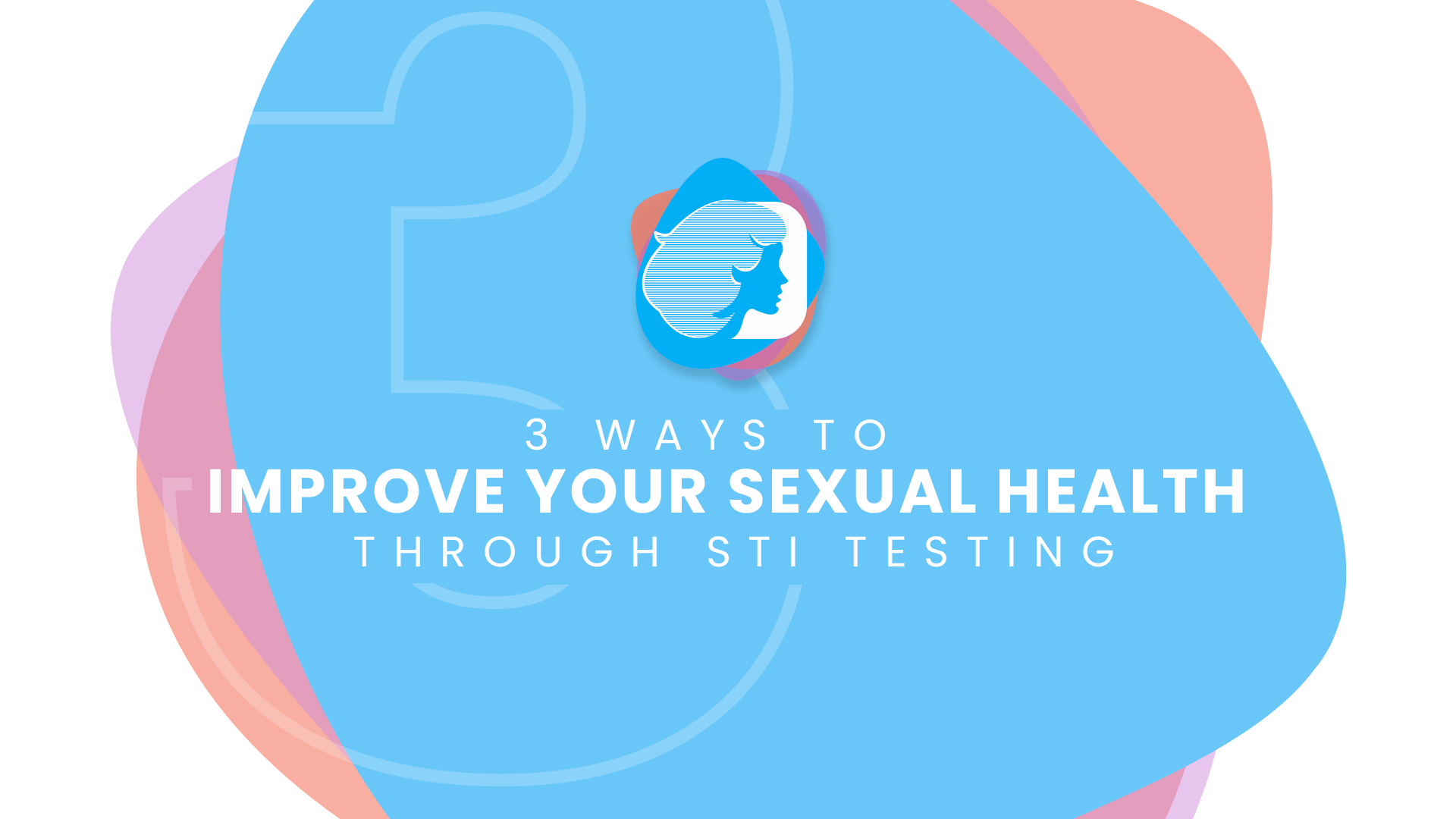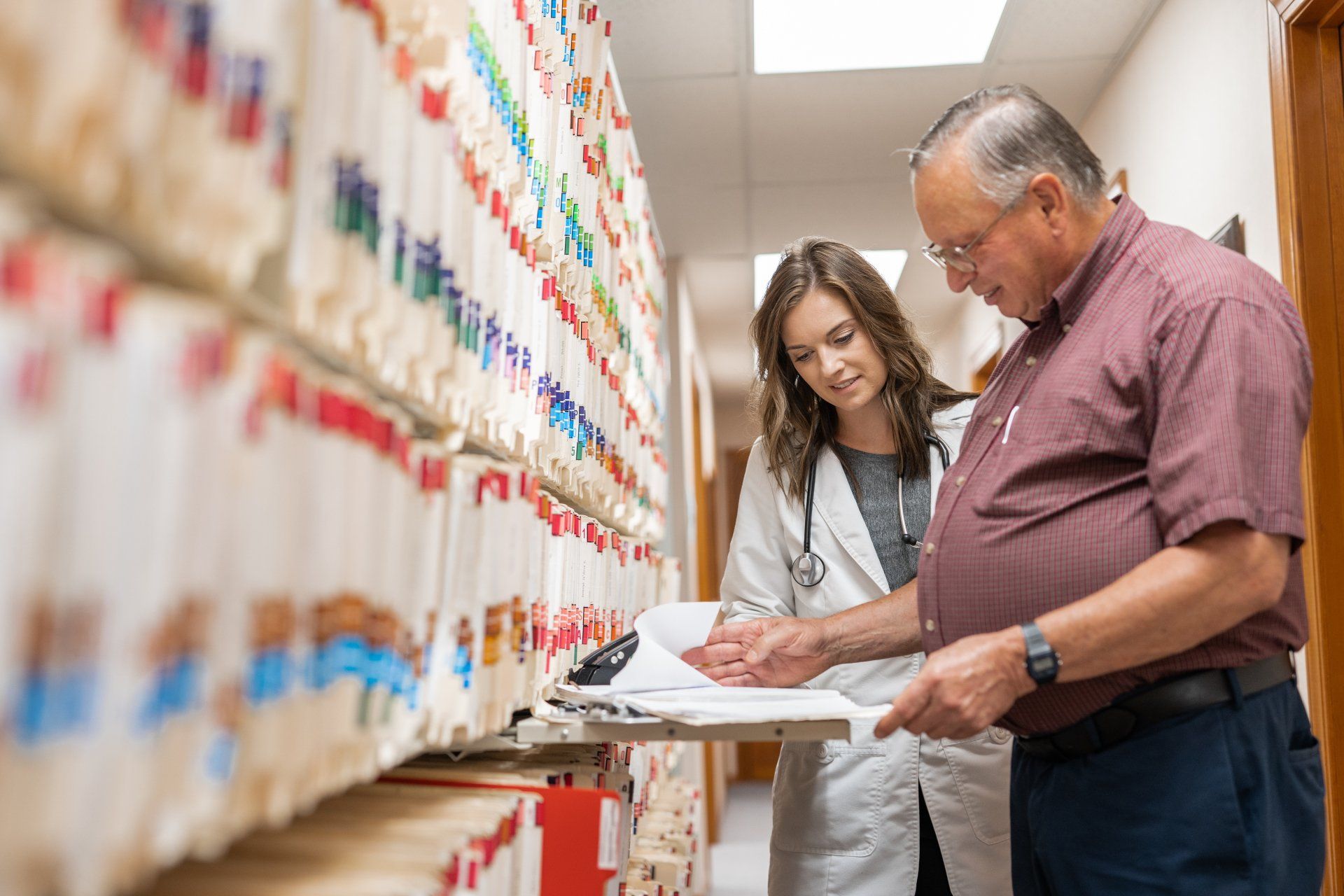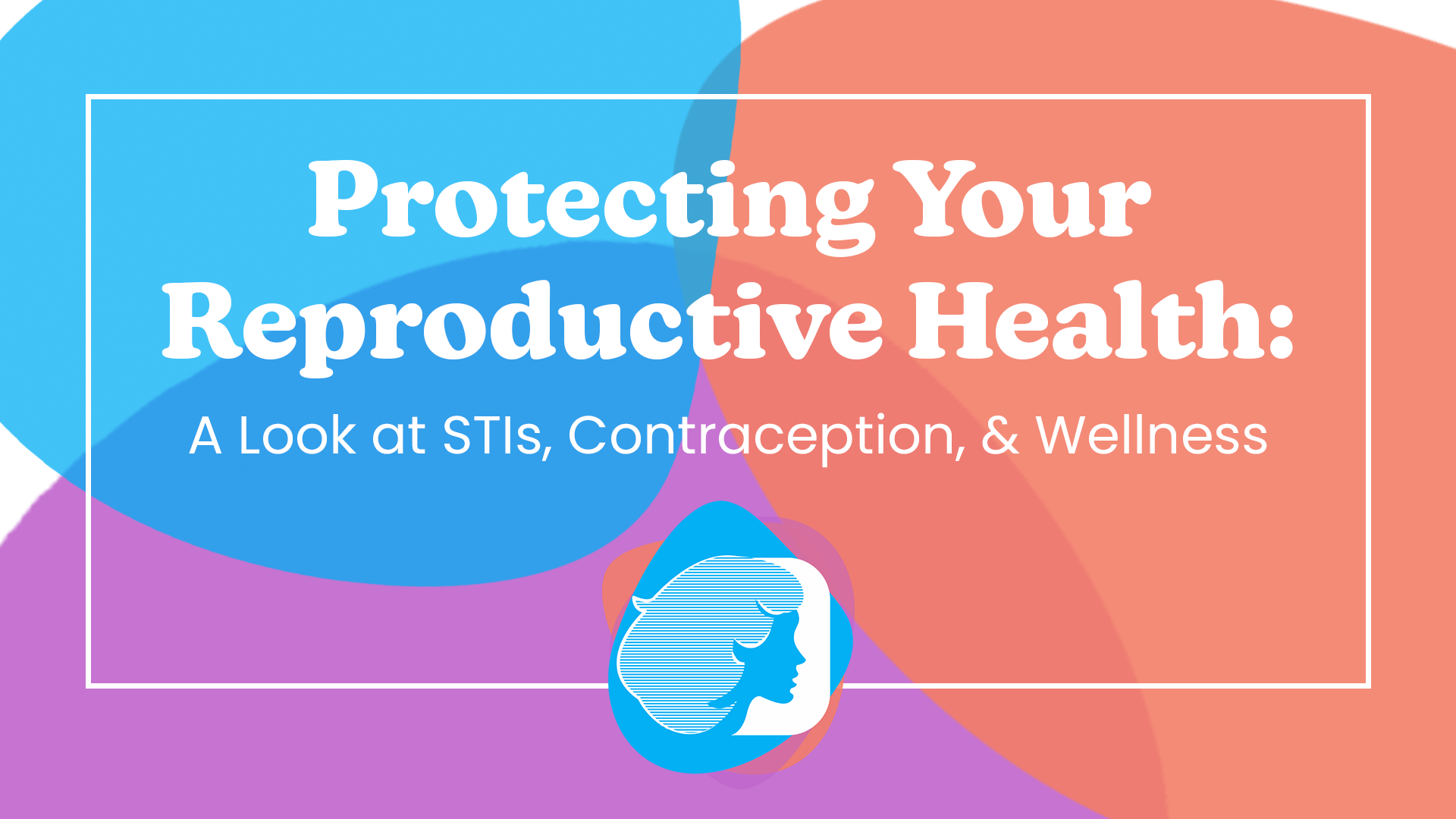3 Ways To Improve Your Sexual Health Through STI Testing
3 Ways To Improve Your Sexual Health Through STI Testing

Over 9 million women in the U.S. get an STI each year. Sexually Transmitted Infections (or STIs for short) have been on the rise amongst many communities in the U.S. since 2014, and affect women of all ages. However, women who fall in the 18-25 age range are found to be the most susceptible subset of females at risk of contracting an STI. Even if you believe “it would never happen to me,” the truth is that anyone who is sexually active is susceptible to these infections. Dr. Herrmann and the entire staff at The Herrmann Practice care about your safety. We’re dedicated to providing ALL our patients with comfortable and compassionate care as well as supplying the knowledge and resources to help protect you and your body. The CDC recommends getting tested for STIs every 3-6 months, however it would be beneficial for anyone who’s sexually active to do regular testing monthly, especially if you have multiple or anonymous partners. Here are the 3 biggest reasons that you should get STI testing done regularly and how The Herrmann Practice can help.

- STI Testing is Easy and Affordable!
STI testing does not have to be scary! Despite what most people think, STIs are actually very common. It is estimated that
1 in 5 people will get an STI in their lifetime, and some people may even get reinfected with the same infection multiple times. Sure, you might be intimidated or embarrassed to make that call or schedule your appointment, but Dr. Herrmann’s team of well-trained experts will NEVER make you feel bad about a potential infection. Here at The Herrmann Practice, we offer the following STI tests:
- Chlamydia
- Gonorrhea
- HPV
- HIV
- Herpes
- Syphilis
Worried about not being able to afford your STI test? We accept most commercial insurance plans, including Illinois Medicaid and Medicare. We also accept patients who do not have insurance, ensuring that everyone in the Belleville area has access to safe and comfortable care to help you lead a healthy lifestyle. If you’re still worried, we have counseling resources available to help you through any issues or discomfort you may experience.

2. STI Testing Gives You Peace of Mind!
Unsure if you have an STI? Some STIs, like Chlamydia, can be
asymptomatic, especially in women under 25. Asymptomatic means that they do not show symptoms, and you might not even know if you have it. Because of this reason, it’s better for your sexual health to do regular STI testing. Just because you do not have symptoms does not mean you cannot spread an STI to your partner. If you’re worried you might have a latent STI, or if you’ve seen suspicious bumps around your genital areas, it’s better to be safe than sorry! Herpes, for example, affects
3.7 billion – around 66.6% of the world’s population! Additionally, a study done in Baltimore by the Journal of the American Medical Association found that
1 in 12 people that have an STI don’t actually know they have it. Protect yourself today through regular STI testing.

3. STI Testing Can Boost Your Confidence!
You and your partner can have an even stronger sexual relationships through regular STI testing. Having an open dialogue about STIs as well as going to get tested together can strengthen your bonds and elevate your confidence. Not all STIs are able to be cured, so knowing you and your partner’s status is crucial to growing closer to them. For example, HIV is a lifelong infection that has the potential to develop into AIDS. Many states may actually
require you to disclose your HIV status to potential partners. Contrary to popular belief, HIV and AIDS do not only affect gay men. About
23% of the people in the US affected by HIV are women, and testing can prevent that, alongside condoms as a form of contraception. Feel great about your sexual health and regain your confidence by scheduling your next appoint with Dr. Herrmann.
There are approximately
25 different infections that can be transmitted sexually, and regular sexual health testing can help prevent yourself from contracting these. Same week appointments are availabe at The Herrmann Practice if you’re concerned about your sexual health. Remember that STI Testing doesn’t have to be difficult!
Schedule your next appointment with The Herrmann Practice for a simple STI panel in order to reclaim your peace of mind and boost your confidence today!












